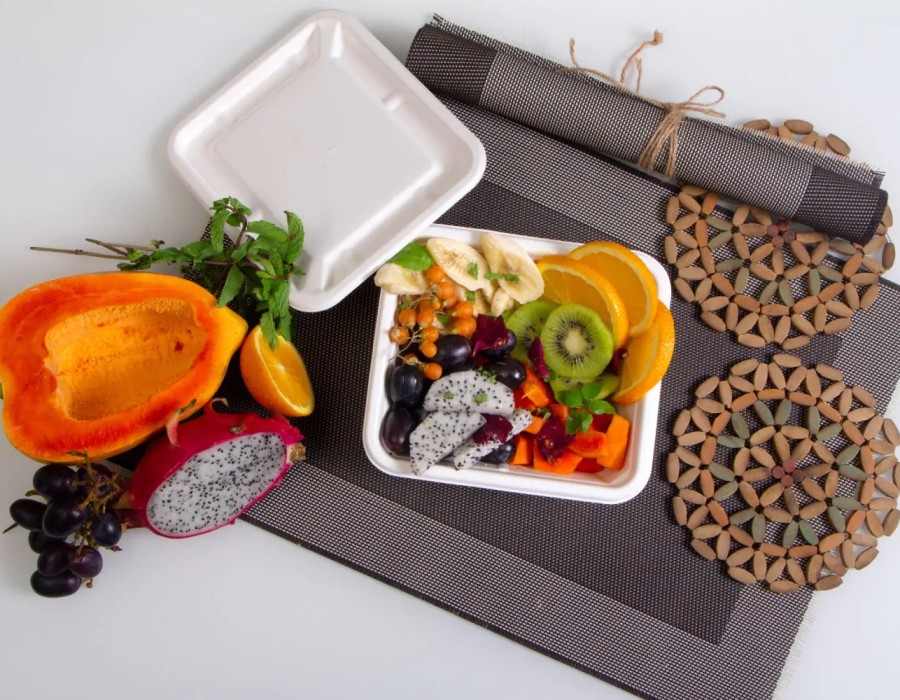As environmental awareness grows, small businesses have a unique opportunity to align their operations with sustainable practices. One of the simplest yet impactful ways to achieve this is by incorporating biodegradable food containers. These eco-friendly alternatives not only reduce environmental harm but also enhance your brand’s appeal to eco-conscious customers. Here’s a practical guide to help small businesses transition to biodegradable food containers.
Understanding Biodegradable Food Containers
Biodegradable food containers are made from materials like bagasse, cornstarch, and other plant-based fibers that decompose naturally. Unlike traditional plastic, they break down in a matter of months, leaving no toxic residue. For small businesses, these containers are a sustainable alternative that can reduce waste while maintaining product functionality.
Benefits of Using Biodegradable Containers
Eco-Friendly Branding: Customers increasingly prefer businesses that prioritize sustainability.
Cost-Effectiveness: As demand grows, prices for biodegradable options continue to become more competitive.
Compliance with Regulations: Many regions now mandate reduced plastic use, making biodegradable containers a proactive choice.
Choosing the Right Biodegradable Containers
Material Type: Bagasse containers are ideal for hot foods, while cornstarch-based options work well for cold items.
Durability: Ensure the containers are leak-proof and sturdy enough to handle your specific food offerings.
Customization: Look for options that allow for branding to enhance your business visibility.
Partnering with Reliable Suppliers
Finding a trusted supplier is crucial. Look for manufacturers with certifications verifying the biodegradable nature of their products. Small businesses can also benefit from bulk purchasing discounts and partnerships with local suppliers to reduce shipping costs and environmental impact.
Educating Your Customers
Introduce your biodegradable food containers to customers as part of your sustainability story. Use signage, social media, and direct communication to explain the benefits of these eco-friendly products and how they align with your business values.
Overcoming Challenges
While biodegradable containers have numerous benefits, they may come with challenges like slightly higher costs or limited availability. To address this, explore bulk purchasing options and negotiate long-term contracts with suppliers to ensure consistency and affordability.
Conclusion
Adopting biodegradable food containers is more than a sustainable business move—it’s a step toward a greener planet. For small businesses, this shift not only meets the demands of eco-conscious customers but also builds a positive brand reputation. By making informed choices and partnering with reliable suppliers, small businesses can lead the way in sustainable dining solutions.





Comments